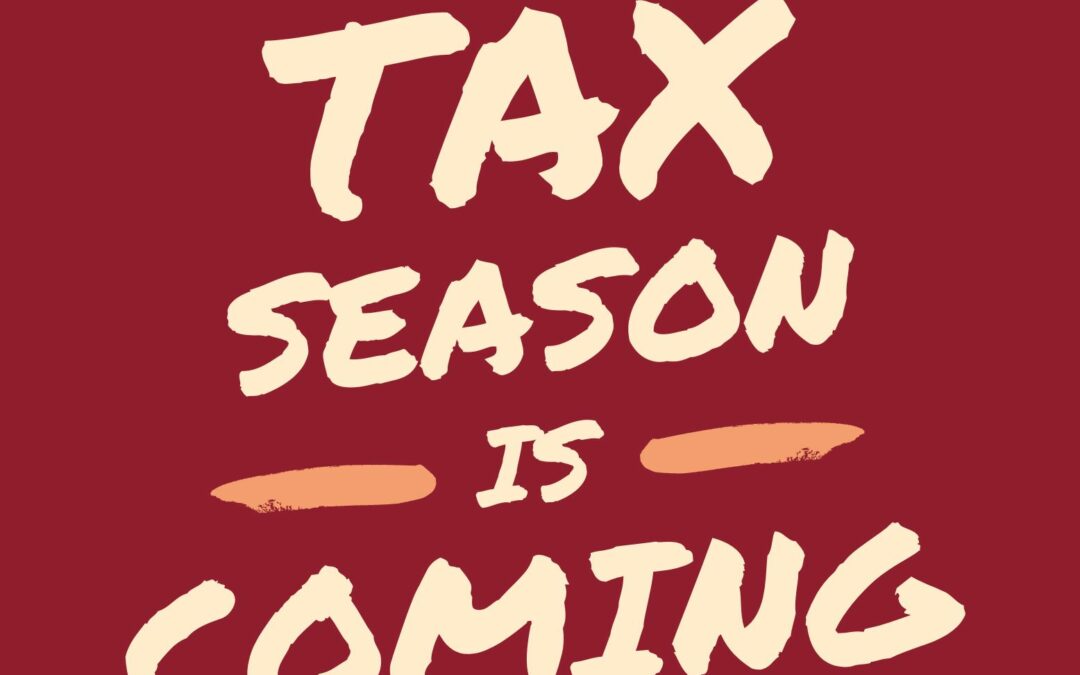If the income tax officer disagrees with the taxpayer’s earlier ITR assessment and thinks the income has avoided assessment, the officer will issue a Sec 148 Notice, also known as a Notice for reassessment.
The Finance Act of 2022 included Section 148A, which mandates an investigation by the Assessing Officer before a notice is issued under Section 148.
The Assessing Officer must provide the Assessee with a Notice under Section 148A(b) that details the information and any unfavourable material asserting escapement of income; the Assessee may rebut the Notice using any documents or evidences at his disposal.
Section 148A of the Income Tax Act was included in the 2021 federal budget. Let’s say a tax collector knows the taxpayer has hidden money from at least one assessment year for which tax should have been paid. The taxpayer must be given an opportunity to explain their situation to the income tax officer before any notice is issued, as per the new law. The assessee has the right to be heard by the officer in accordance with Section 148A.
The assessee is entitled to a period of time from the assessing officer ranging from seven to thirty days during which to provide an explanation.
The decision on whether or not to send a notice for unassessed income rests with the income tax officer, who will evaluate the taxpayer’s response. A copy of the ruling and a notice (under Section 148) must be sent to the taxpayer if the income tax officer chooses to reopen the matter.
If it has been more than three years after the close of the applicable assessment year, the notice cannot be served under normal circumstances due to the time restriction rule. To extend the three-year notice period, however, proof must be shown that the person has attempted to conceal an income tax liability of at least Rs 50 lakh. Nonetheless, notice may be given after the third year, but before the tenth anniversary of the close of the applicable assessment year.
Before making any such inquiries, giving the taxpayer a chance to respond, or making such an order, the income tax officer must get consent from the appropriate authorities.
Notice under Section 148A/Show Reason Notice must be accompanied by all documents and data used as a basis for the assessment by the Assessing Officer.
There must be evidence to back up the claim that money was secretly taken. A simple claim that money has been “escapeed” does not warrant a notice under section 148A.
The Assessing Officer must take into account the assessee’s answer, if any, to the Show Cause Notice issued under to Clause (b) of Section 148A.
If the assessee requests a personal hearing, cross-examination of a third party, or the production of a statement by a third party, the Assessing Officer must, with the consent of the designated authority, hold such a hearing or allow such production.
Any notice sent to the taxpayer under Section 148 after 1st April 2021 that does not comply with the process under Section 148A (i.e., does not provide a chance to be heard) would be illegal and in violation of the Income Tax Act, since Section 148A takes effect on that day.
The courts have repeatedly ruled that the process laid forth in section 148A of the Act is sacred and must be scrupulously adhered to in order to fulfil the legislative objective behind the amendment.
As soon as the assessee receives the aforementioned order and notice u/s 148, he or she must begin the reassessment procedure by filing the return of income for the applicable assessment year by the deadline specified in the notice u/s 148.
The Assessing Officer’s authority has been expanded under the new system, and he may now conduct a Thorough Scrutiny of the matter in question before issuing an assessment under section 148.
Make sure you have everything you need to file your taxes and respond to the notice. In order to provide an appropriate and timely response, it is recommended that you seek expert assistance.

